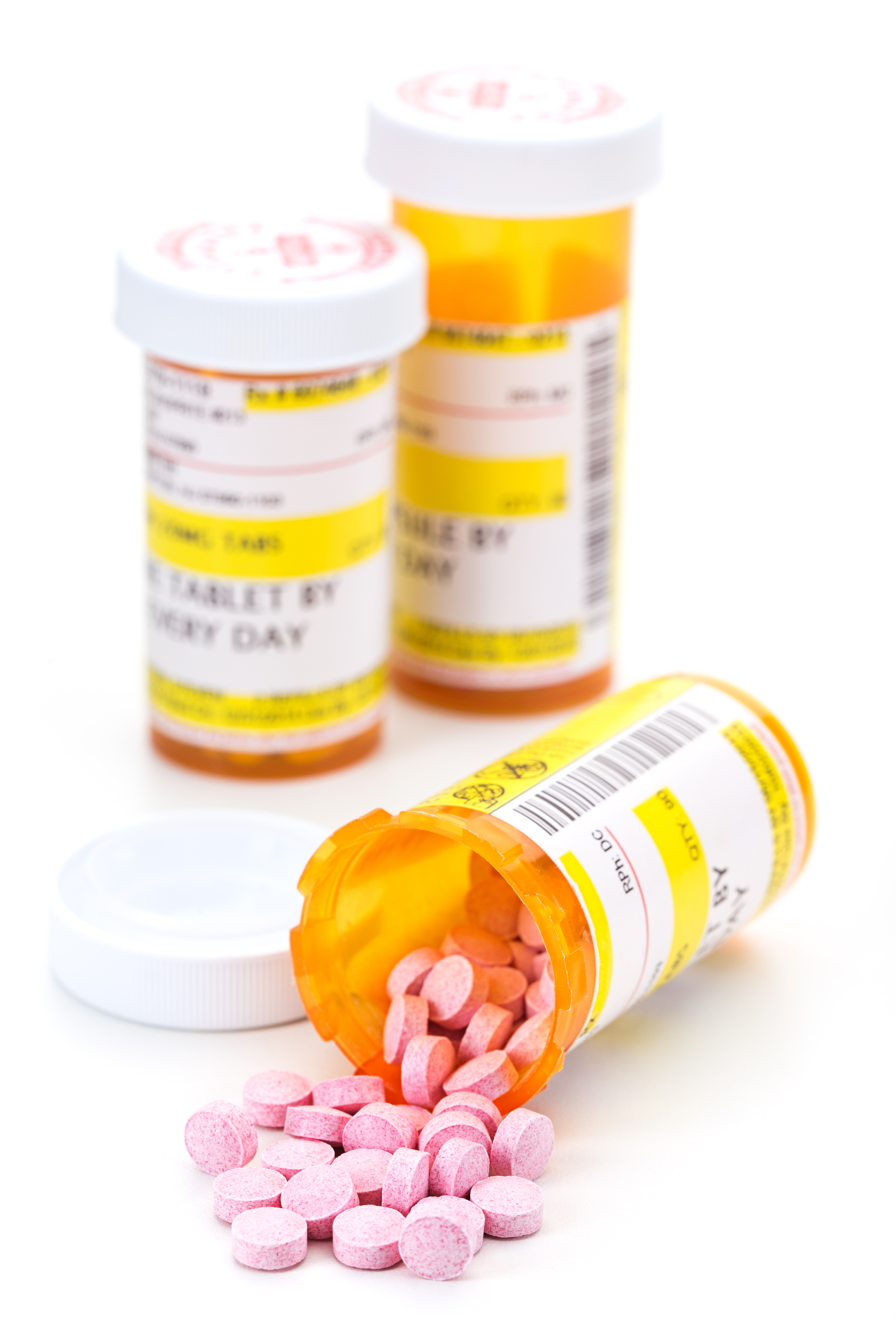
What Is Oxycodone?
Oxycodone is a semi-synthetic opiate and the active ingredient in a number of prescription pain relief medications. Oxycodone is also the active ingredient on OxyContin, a time-release formula of oxycodone used to treat moderate to severe chronic pain. Street names for Oxycodone include Oxy, Hillbilly Heroin, and Blues. If you have a valid prescription for Oxycodone or OxyContin you have the right to legally possess your own medication. If, however, you do not have a valid prescription the possession of Oxycodone in any form is illegal. This means that the days of giving a friend one of your pain pills because her back is hurting are over.
Penalties for Possession
The potential penalties you face for a conviction for possession of Oxycodone in the State of Tennessee will depend on whether you are convicted of simple possession, possession with intent to sell, or another related offense. Tennessee does not distinguish the various controlled substances – with the exception of marijuana – for sentencing purposes. Tennessee Code Annotated § 39-17-418 governs possession of a controlled substance, making it a crime to “knowingly possess or casually exchange a controlled substance, unless the substance was obtained directly from, or pursuant to, a valid prescription or order of a practitioner while acting in the course of professional practice.”
As a general rule, casual possession of a controlled substance, including Oxycodone, is charged as a Class A misdemeanor in Tennessee and is punishable by up to a year in jail and/or a $2,500 fine. If, however, a defendant has two or more prior convictions, even simple possession can be charged as a Class E felony, punishable by one to six years in prison and/or a fine of up to $3,000. Furthermore, if the circumstances included a casual exchange to a minor from an adult who is at least two (2) years the minor’s senior, and who knows that the person is a minor, the offense is treated as a more serious possession of a controlled substance charge and is punishable according to §39-17-417. Under that section, you could face a lengthy prison sentence if convicted.
T.C.A. § 39-17-417 makes it illegal to knowingly sell, deliver or manufacture OxyContin. Also like most states, Tennessee divides “controlled dangerous substances”, or CDS, into seven schedules, with schedule I substances having a “high probability of abuse and addiction, and no recognized medical value.” Schedules II, III, IV, and V decrease in dangerousness and probability of abuse, and increase in recognized medical uses. Oxycodone is a Schedule II CDS, making the sale, delivery, or manufacture a Class C felony in most cases, punishable by three to 15 years in prison and/or a fine of up to $100,000. If, however, you have over 200 grams of Oxycodone in your possession the offense is elevated to a Class B felony and over 2000 grams makes the offense a Class A felony. Finally, there are specific facts and circumstances that can further increase the potential penalties for the sale or distribution of Oxycodone. For example, selling to a minor or selling in a “Drug Free” zone, such as close to a school or park, will elevate the offense to a higher felony with correspondingly harsher penalties.
Contact a Tennessee Drug Crime Attorney
If you have been charged with possession of Oxycodone in Tennessee, consult with an experienced drug crime attorney at Bennett, Michael & Hornsby as soon as possible. Contact the team today by calling 615-898-1560 to schedule your appointment.
- Understanding the Role and Responsibilities of a Trustee - April 23, 2024
- When Are Miranda Warnings Required? - April 16, 2024
- 5 Benefits of Mediation in a Tennessee Divorce - April 9, 2024







